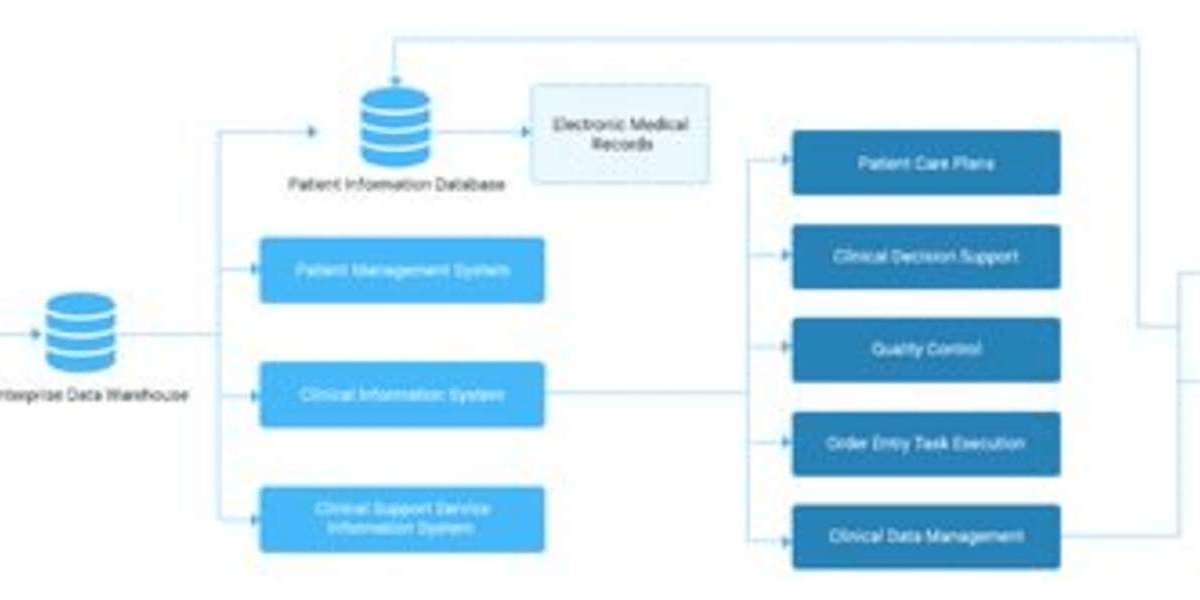1. Keeping track of inventory Managers can keep an eye on and keep track of every inventory item required for a hospital to provide patient care thanks to this functionality. It simplifies all of the tasks involved in keeping track of supplies, usage, amount, expiration dates, etc.
2. Scheduling Patients For effective patient care, a hospital management platform gives clinicians access to test findings, treatment scheduling, patient follow-up, and appointment history.
3. Personnel
A hospital's human resources can be managed more effectively with the help of hospital software. Managers will be able to use this to keep an eye on timesheets, overtime, doctor ratings, payroll, appraisals, and other related tasks.
4. Reporting and Analytics
One of a hospital system's most crucial roles is this one. In order to extract valuable insights, it will evaluate all the data from routine clinical and administrative activities. Hospital management will find these insights useful in streamlining processes and raising overall productivity and efficiency.
5. Financial Management and Billing
A comprehensive perspective of all the financial facets of hospital administration is offered by this component of a hospital management system. This covers unpaid bills, reimbursements, balance transfers, receivables, and cash outlays.



